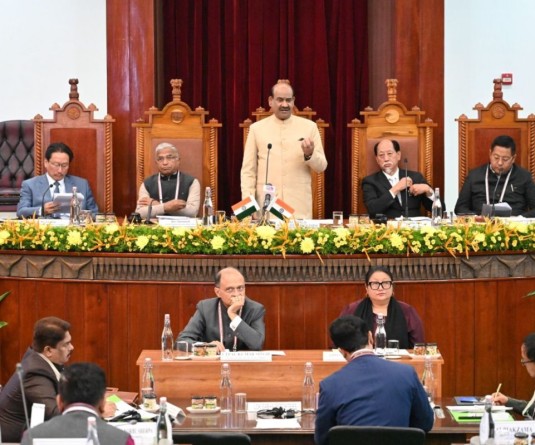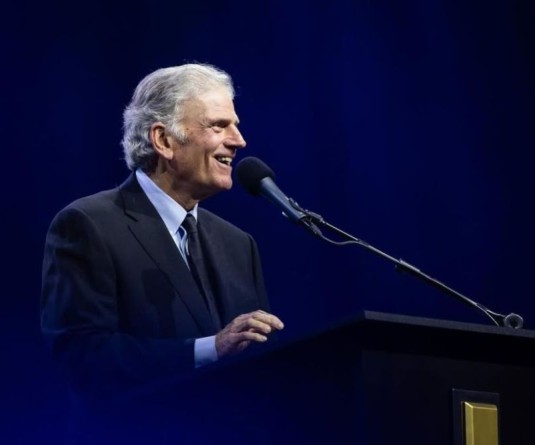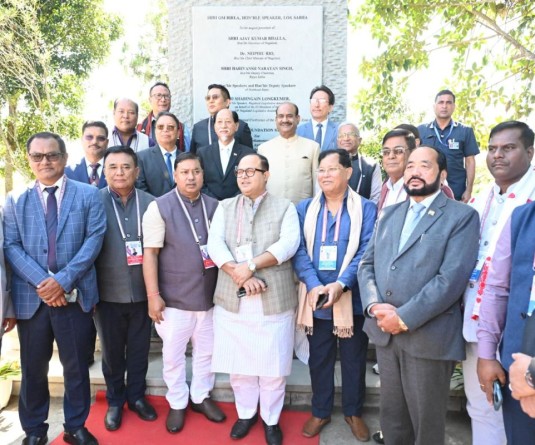
Kohima, July 29 (MExN): The Nagaland State Legal Services Authority (NSLSA) claimed to have campaigned against human trafficking in more than 100 churches across Nagaland State. According to a press release from the NSLSA, it conducted this state-wide campaign under the banner ‘Fight against Human Trafficking’ with Nagaland Baptist Church Council, Nagaland Christian Revival Church, Catholic Churches and Pentecostal Churches on July 29.
The state-wide campaign is said to be in line with National Legal Service Authority (Victim Trafficking and Commercial Sexual Exploitation) Scheme 2015 whose objective is to provide legal services to victims of trafficking at every stage: prevention, rescue, rehabilitation, applicable to transgender persons as well.
108 Panel Lawyers and Para-Legal Volunteers of Nagaland State Legal Services Authority and 11 District Legal Services Authorities and 3 social workers spoke on the legal provisions for trafficking. The NSLSA cited three examples of the churches where the campaign was reportedly held. They included Easter H Yepthomi, Panel Lawyer Zunheboto District LSA who spoke at the Centre Church SBAK-Nito Mount in Zunheboto, Hamnei Angh, Panel Lawyer Longleng District LSA who spoke at Centre Baptist Church, Longleng, and NK Kenny, Love Care Home, who spoke at Sumi Baptist Church Diphupar B.
8132 cases of human trafficking were reported in India by National Crime Records Bureau from India in 2016. No trafficking was reported from Nagaland in 2016.
According to the NSLSA, trafficking of one person will attract a punishment of minimum 7 years, but may go up to 10 years, and fine. Trafficking more than one person, the punishment will be minimum 10 years, but may go up to life imprisonment, and fine.
NSLSA informed that trafficking 1 minor will lead to minimum 10 years imprisonment, but may go up to life imprisonment, and fine; for trafficking more than 1 minor- the punishment is minimum 14 years imprisonment, but may go up to life imprisonment, and fine. If public servant or police officer involved in trafficking, the punishment is life imprisonment (rest of natural life), and fine.
The trafficked women or children could be rehabilitated through accessing entitlements ICDS (Childcare Development), food security, ration cards, educational schemes (midday meal, scholarships, residental schools under SSA, etc), livelihood, skill development, housing subsidy etc. while, vulnerable could be mapped for trafficking and conduct awareness programs.






